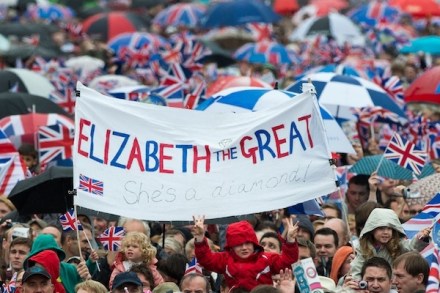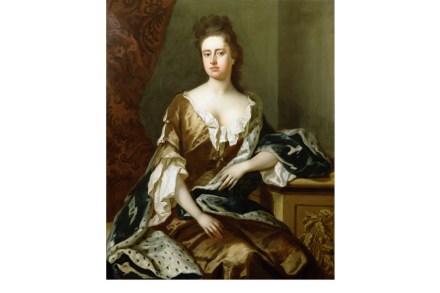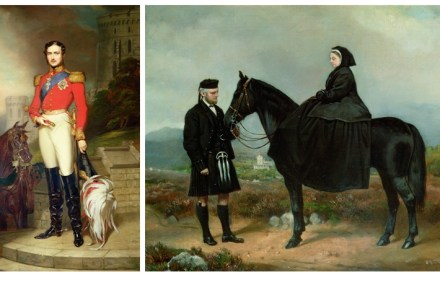The Duchess of Cambridge’s dignity
Mr Steerpike is no Middleton fan, but it has to be said that the Duchess of Cambridge has maintained her composure remarkably well in the wake of topless photos of her appearing in the foreign press. Keeping her chin up while continuing the royal couple’s tour of the South Pacific, she even managed to keep smiling when greeted with open arms by a topless women in the Solomon Islands. This would have been prime gaffe territory for Prince Phillip, but there wasn’t even a hint of an a joke despite the unfortunate timing. For shame!
















